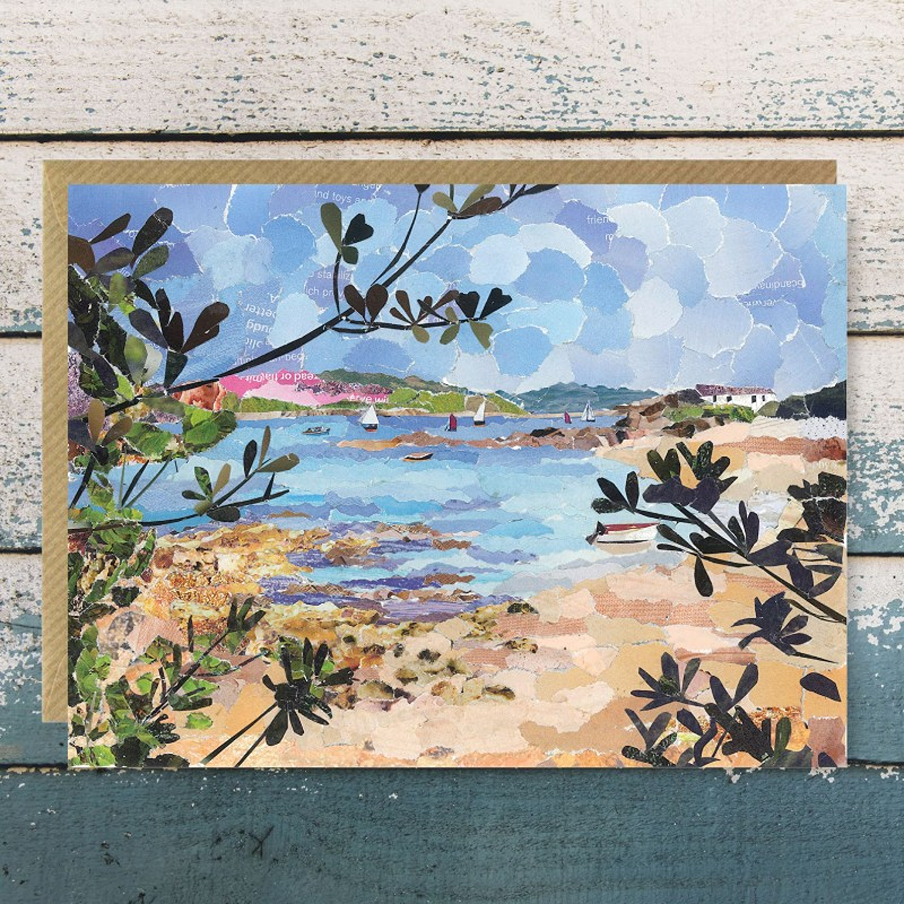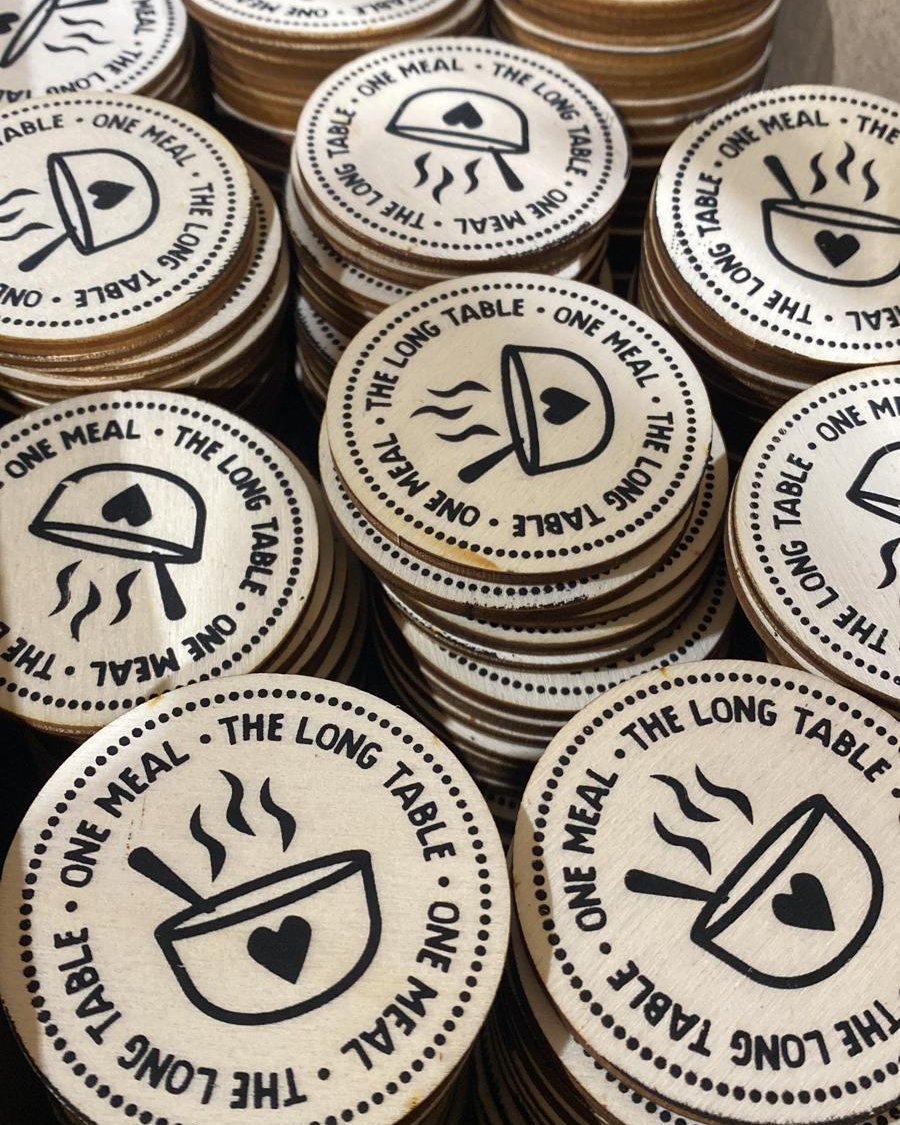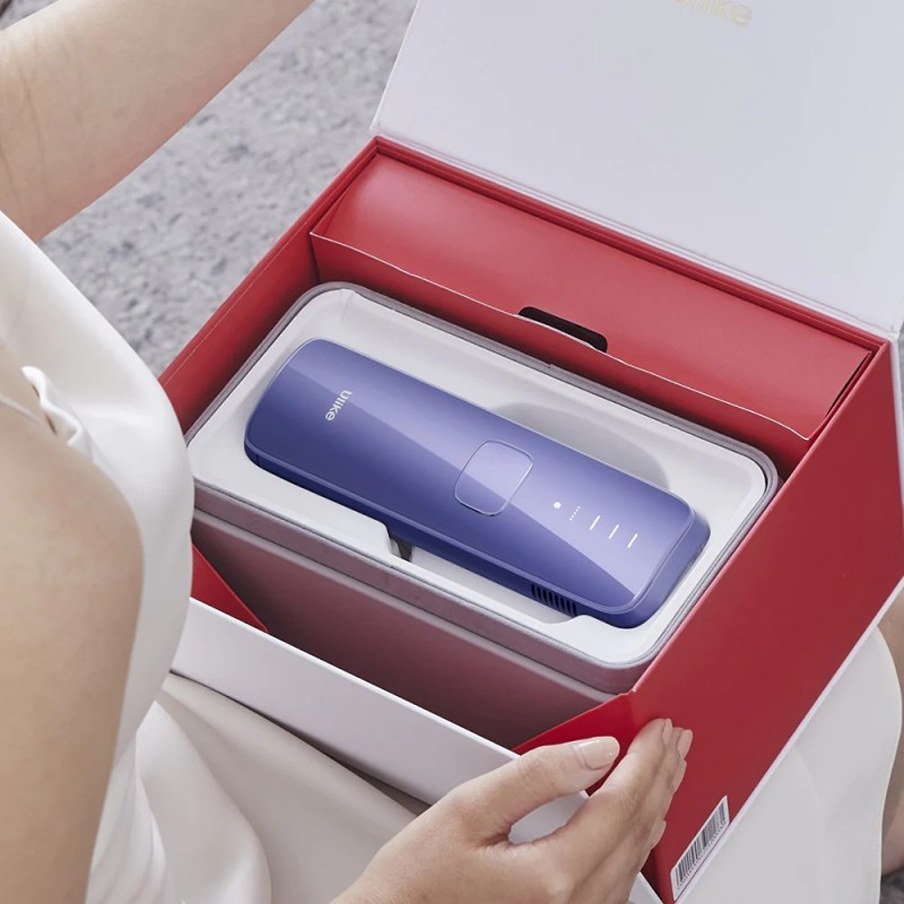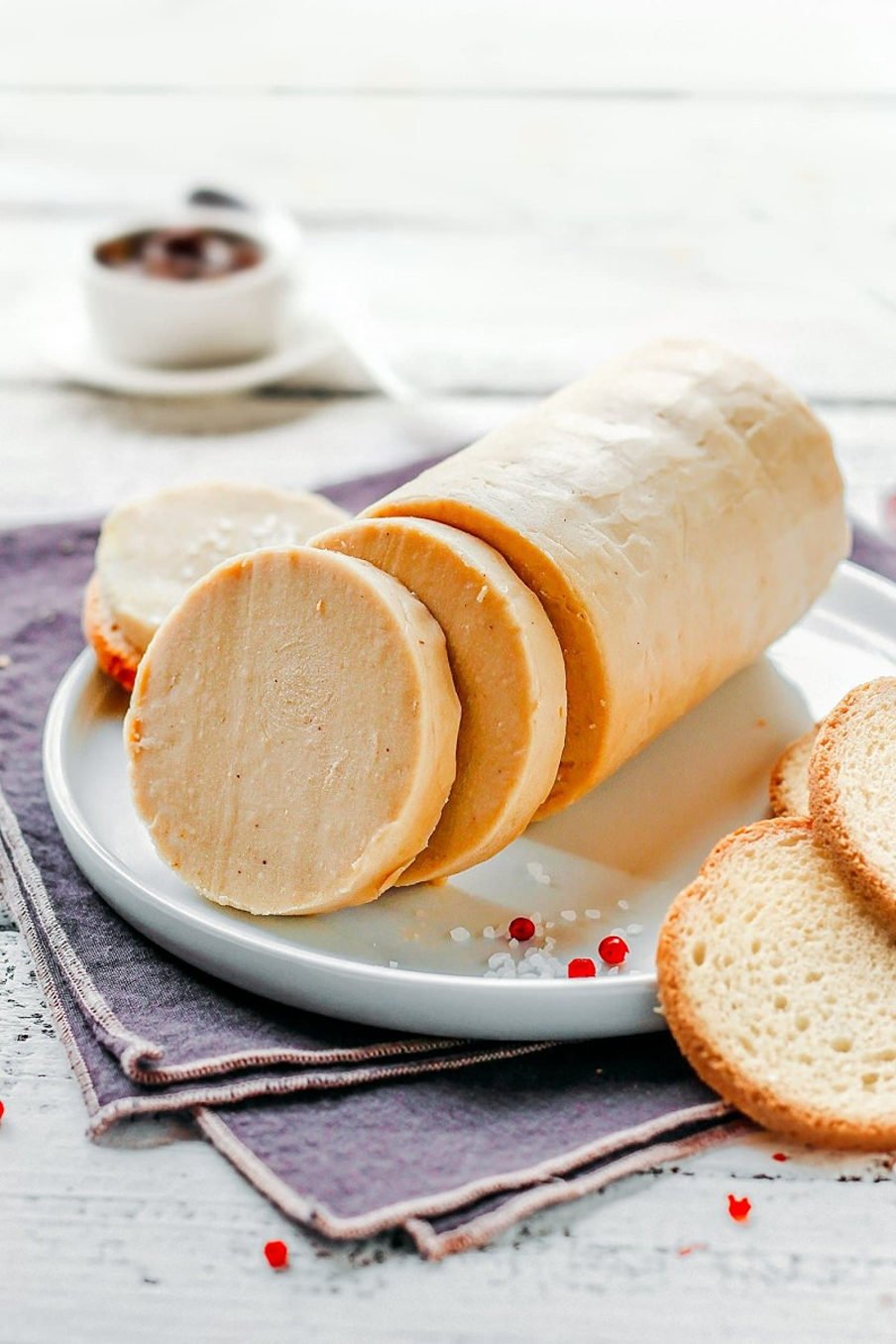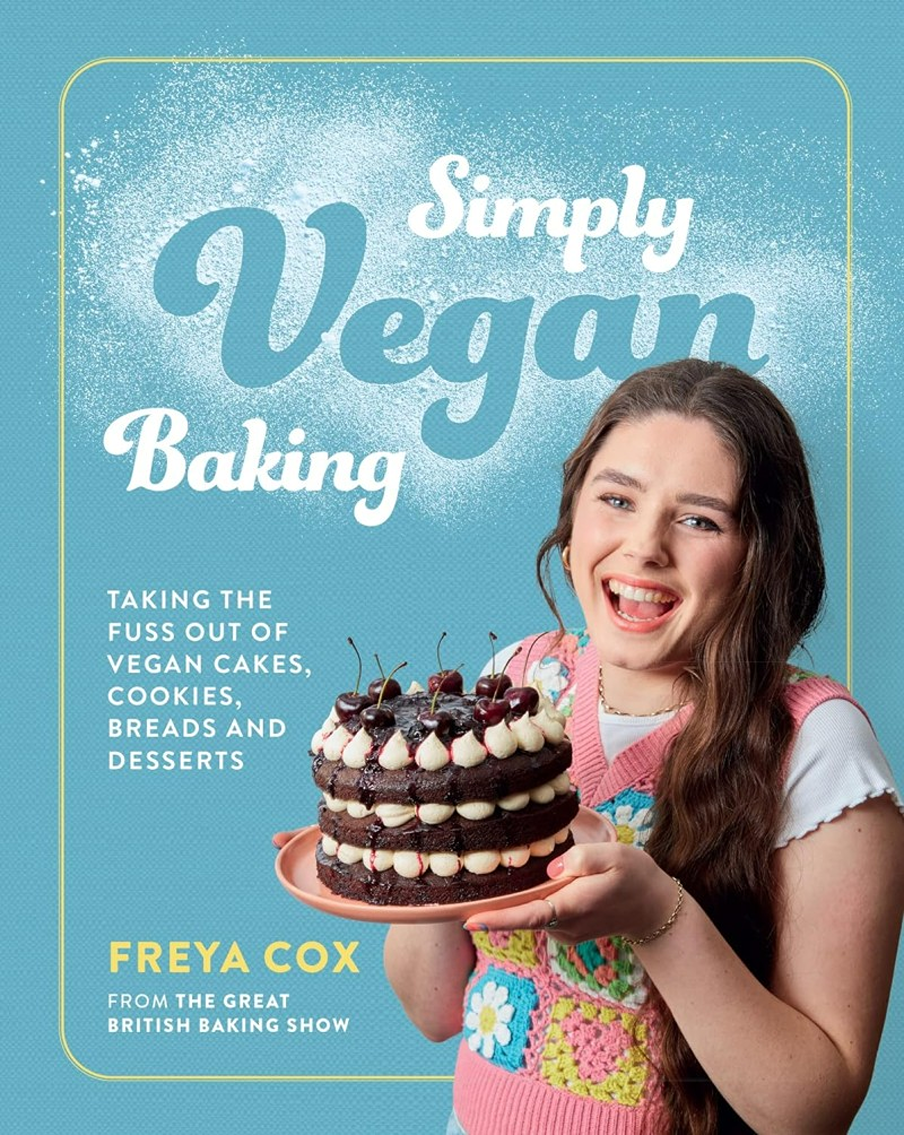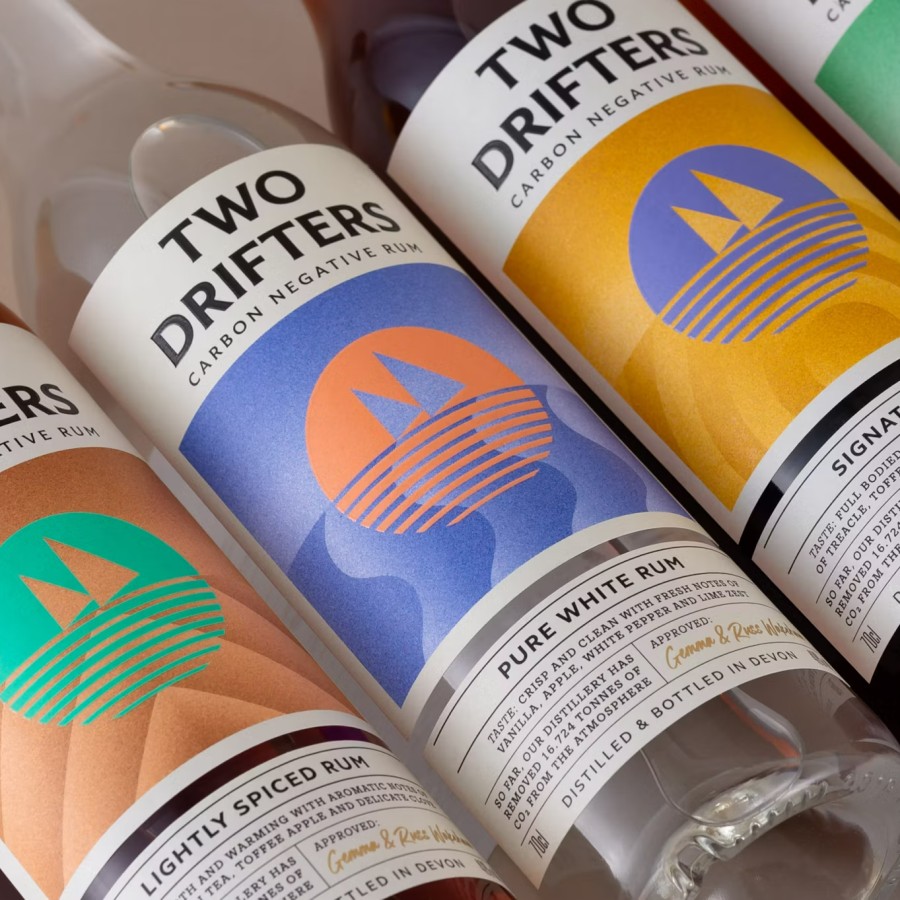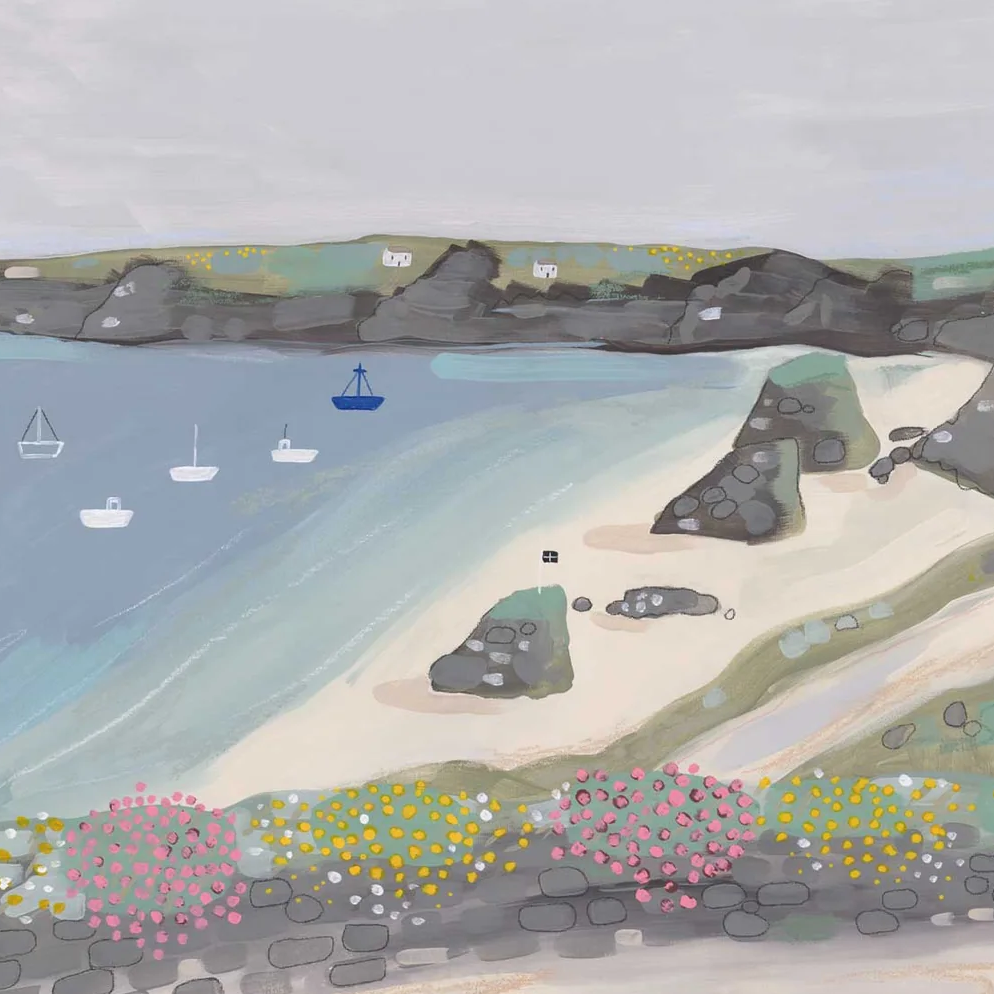
According to Greenpeace, the UK dumps around 15 million tons of landfill rubbish each year (the same weight as 100,000 adult blue whales). Landfills are ugly and emit toxic gases from electronic waste and batteries (don’t send them to Africa, this has led to huge health and pollution issues).
No More Rubbish Excuses is a good little guide by the founder of the 2-minute beach clean movement). He asks why so much litter ends up on our streets, and you’ll also learn where rubbish goes when you put it in the bin, and what hapens to plastic, food, clothing, electricals and furniture after you take them to the landfill. The book features lots of 2-minute solutions.
Devon landfills are now full, with councils looking for new sites. In Dorset, local residents opposed the council trying to put waste into old Portland stone quarries. And anything made with chlorine bleach (paper towels, nappies) emits dioxin (a very toxic chemical) at landfills, often at risk of flooding or soil erosion.
The other big ‘rubbish area’ to tackle is food waste. Most people throw away a third of alll food bought, often because supermarkets sell items in bulk or too big (say bread loaves that are nearly always too much for one person before they go mouldy). Salad is another big waste food.
Never feed mouldy/stale/crusty bread to garden birds or waterfowl, as it can choke or harm (including salt that is also toxic to pets and butter, as fat smears on feathers and affects waterproofing and insulation).
innovative ideas to reduce landfill rubbish
The Netherlands, Germany, Belgium and Austria all have almost zero landfill waste. This is because recycling rates are high (with take-back schemes for bottles) and so there is no need for ‘alternatives’ like incineration (which pollutes local areas, even if it does create energy). Choosing reusable always helps (most gift wrap and Christmas crackers can’t be recycled, due to plastic linings). Other surprising items you can’t recycle are instant porridge sachets (again due to plastic lining) and black plastic bags (recycling machines don’t recognise the colour). Although supermarket bag bins now take most soft plastic, they don’t take clingfilm, so try to find alternatives to keep food fresh (a plate?)
For ‘things you can’t recycle’), order a zero waste bag for doorstep collection from TerraCycle. Or get together in your community and order one-off boxes (some are free sponsored by industry, others work out at around £1 each if you all chip in). These boxes are one-off amnesties to get all rubbish out of your town, once and for all! It’s then sent off to recycle into other items like park benches or industrial materials.
switch to biodegradable bin liners
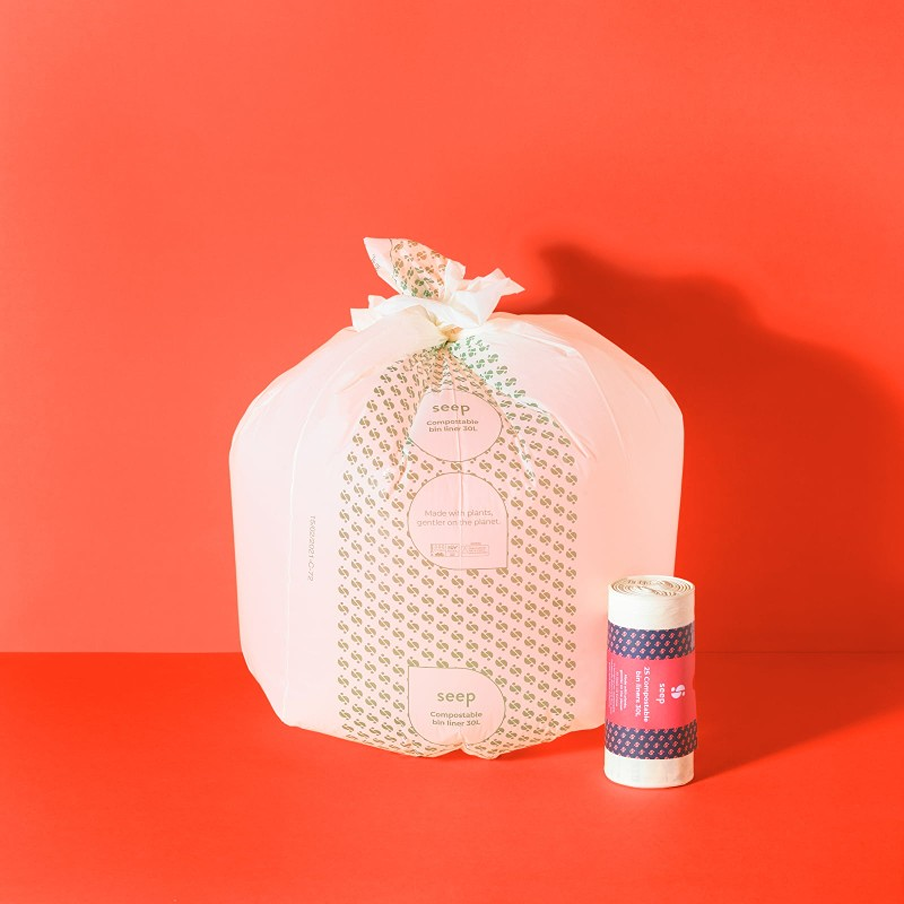
SEEP makes good (white) biodegradable bin bags (machines don’t recognise black bin liners so they can’t be recycled). Just keep these in a cool dark place and empty more often with wet goods, or else they may biodegrade away!
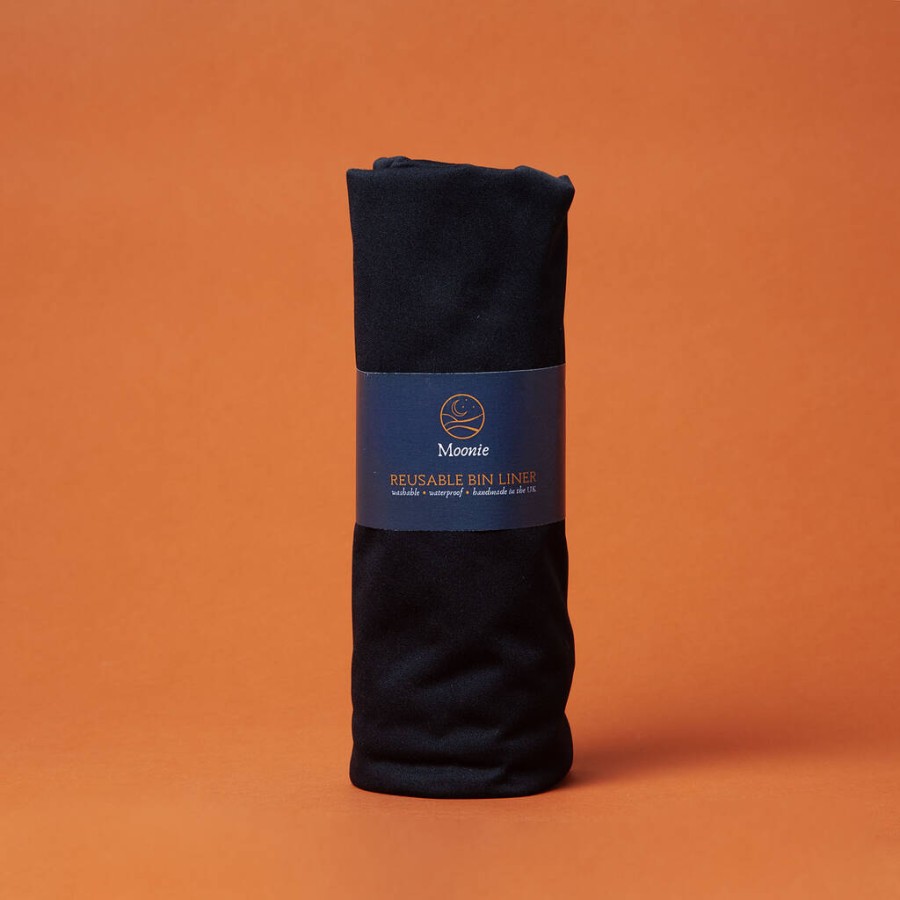
Moonie bin liners (also in 30 litre and 80 litre sizes) are ideal alternatives to single-use bin liners. Just empty out after use and wipe-clean (if you do wash them, use a microplastic catcher as they are made from black PUL fabric with waterproof lining). The drawstring enables them to fit many types of bin sizes, and it has a handle on the bottom, to make it easier to empty. There is also a seamless bottom, to help prevent leaks.
Suitable for all kinds of bins, these are also good to store used washable nappies, before laundering. Handmade in Dorset, they are stronger than single-use bin liners. When full, just remove to empty your bin contents and then place the liner back in your bin. Most councils don’t care whether rubbish is loose or bagged, as bins are mechanically lifted so all waste falls in the hopper, either way.

